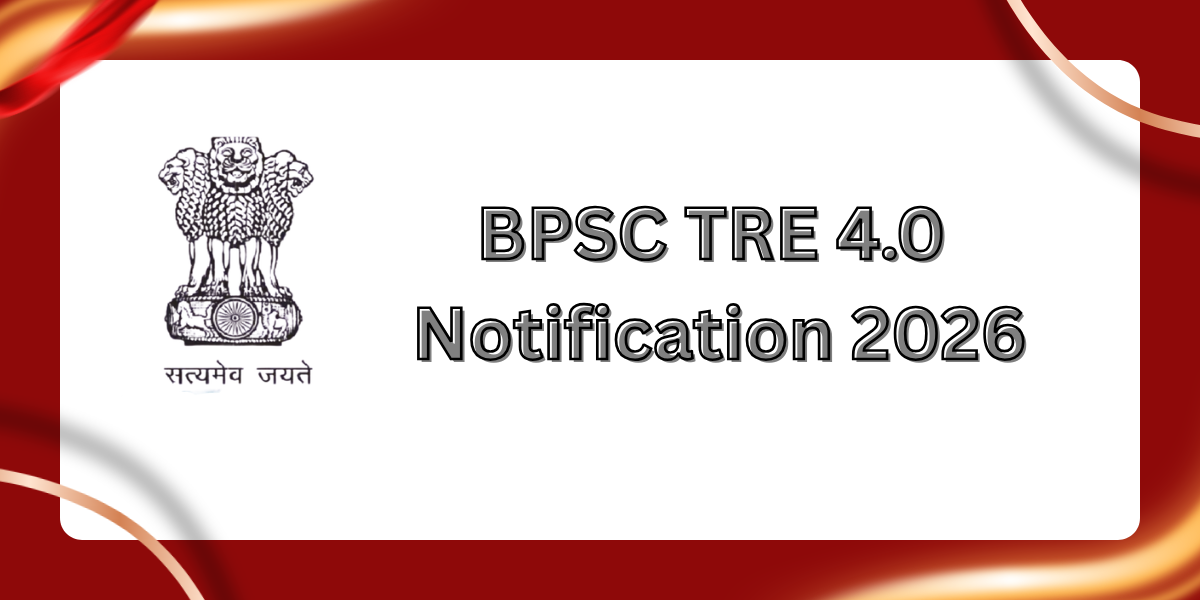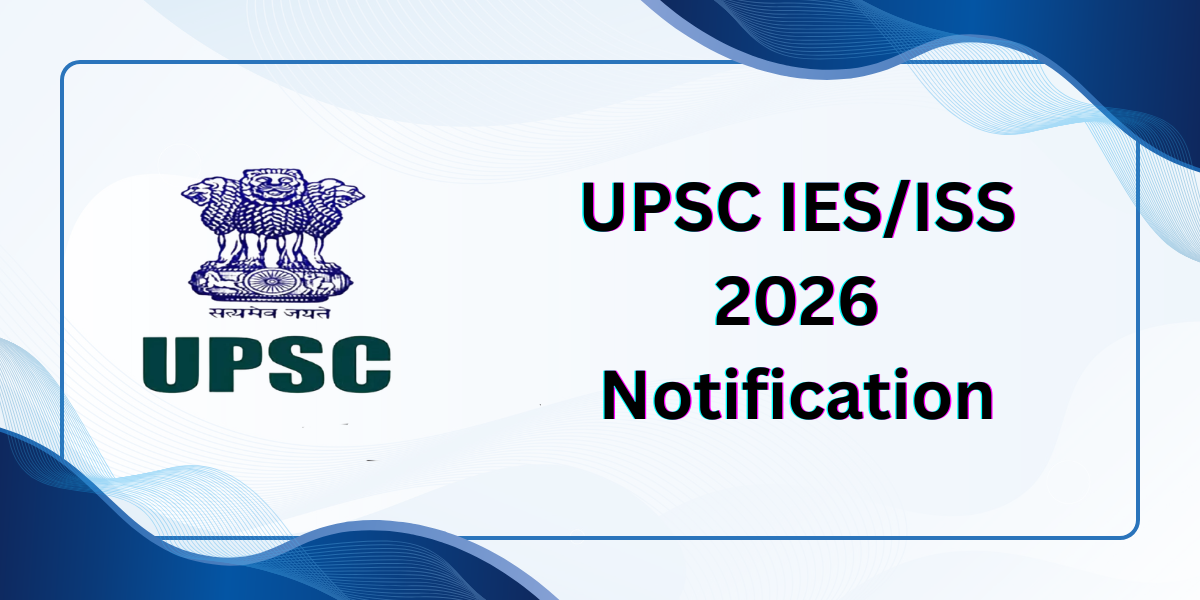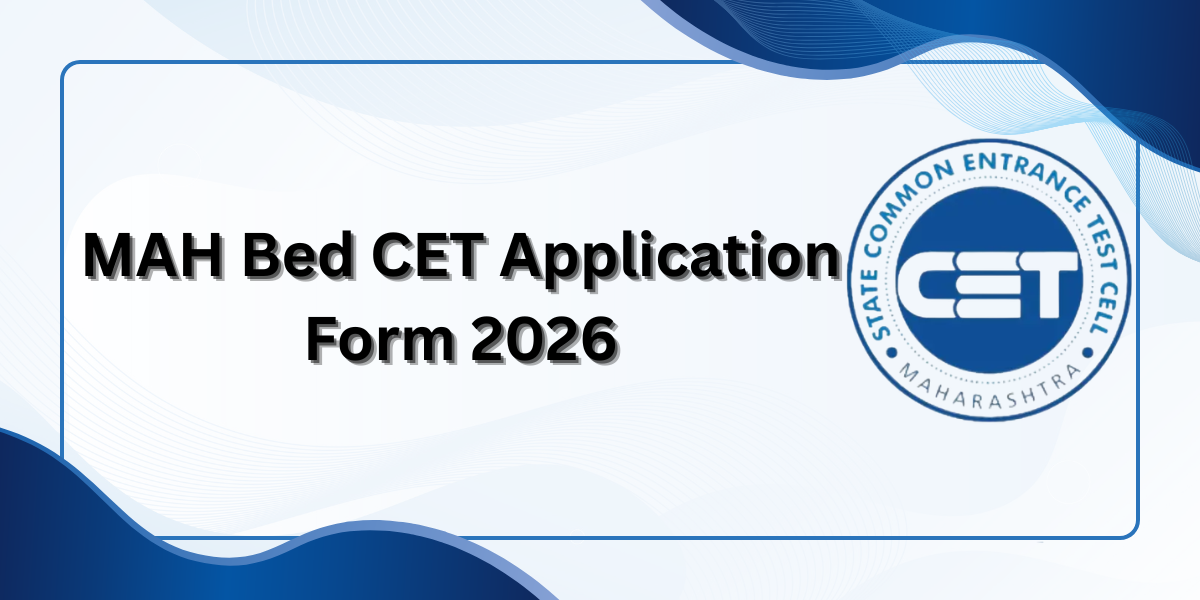JEE Aspirants often find themselves grappling with the formidable challenges posed by the JEE exam. The sheer breadth and depth of the syllabus, spanning multiple subjects like Physics, Chemistry, and Mathematics, can be overwhelming. Moreover, the competitive nature of the exam adds an extra layer of difficulty, as JEE Aspirants have to outperform thousands of other students vying for limited seats in prestigious engineering colleges.

The time constraints during the exam further intensify the pressure on JEE Aspirants, forcing them to solve complex problems quickly and accurately. The unpredictable nature of the questions, which often require critical thinking and problem-solving skills, adds to the difficulty level. As a result, JEE Aspirants are required to not only possess a deep understanding of the concepts but also the ability to apply them effectively in a high-pressure exam environment.
Rise in alternative career options
As the landscape of career choices evolves, there has been a noticeable shift towards alternative paths outside of traditional engineering careers. Students are increasingly exploring options in fields such as data science, environmental sustainability, and entrepreneurship. These non-conventional career paths offer diverse opportunities for growth and innovation, catering to individuals with unique interests and skill sets.
Moreover, the emergence of new technologies and industries has paved the way for niche career avenues like digital marketing, artificial intelligence, and renewable energy. With a growing emphasis on interdisciplinary skills and adaptability, many students are now considering these novel career paths that align more closely with their passions and aspirations, offering a break from the traditional notions of success tied solely to engineering degrees.
Pressure and stress associated with JEE preparation
The process of getting ready for the Joint Entrance Examination (JEE) often brings about significant levels of pressure and stress. Students feel the weight of expectations from their families, teachers, and peers. The sheer competitiveness of the exam introduces a sense of urgency and intensity in their preparation, leading to heightened stress levels. It is not uncommon for students to sacrifice leisure time, social engagements, and even their physical well-being in pursuit of success in the exam.
Additionally, the extensive syllabus and the need to excel in multiple subjects within a limited timeframe add to the stress. Students often juggle between revising concepts, practicing problems, and taking mock tests, aiming to cover all bases before the exam date. The fear of failure and the high stakes associated with JEE can further amplify the pressure, creating a challenging environment for aspirants.
Lack of awareness about the benefits of pursuing engineering
Many students lack a comprehensive understanding of the advantages that come with pursuing a career in engineering. Focused primarily on academic requirements, they may overlook the vast array of opportunities and rewards that an engineering career can offer. The intricate blend of technical knowledge with innovative problem-solving skills in the field of engineering enables professionals to contribute to cutting-edge projects and make a tangible impact on society through various advancements in technology and infrastructure.
Moreover, the diverse range of specializations within engineering opens up avenues for individuals to translate their passion for problem-solving into practical solutions that address real-world challenges. Whether working on sustainable energy solutions, designing efficient transportation systems, or developing life-saving medical devices, engineers play a crucial role in shaping the future and driving progress across various industries. Understanding the multifaceted and dynamic nature of engineering can inspire students to explore this field as a promising career path that not only offers financial stability but also opportunities for personal and professional growth.
Increase in coaching institute fees
Navigating the world of competitive exams like the Joint Entrance Examination (JEE) comes with its own set of challenges and expenses. Among them is the notable increase in coaching institute fees in recent years. As the competition grows fiercer and the demand for professional guidance rises, coaching institutes have capitalized on this trend by raising their fees to meet the market demand.
The surge in coaching institute fees has made it increasingly difficult for students from lower socio-economic backgrounds to access the necessary resources and support to excel in competitive exams like the JEE. This financial barrier not only widens the gap between privileged and underprivileged students but also adds an extra layer of stress and pressure on students who are already grappling with the demanding nature of exam preparation.
Lack of adequate guidance and mentorship
Many students navigating the complexities of academic and career decisions often find themselves at a loss due to a lack of suitable mentors or guidance counselors. The absence of proper direction can significantly hinder their ability to make informed choices about their future. This void in support can leave students feeling isolated and overwhelmed when faced with crucial decisions that will shape their educational and professional paths.
In the absence of adequate guidance and mentorship, students may struggle to navigate the intricate web of academic requirements and career options. Without a knowledgeable and supportive figure to turn to for advice, they may find themselves adrift in a sea of uncertainties, unsure of how to chart a course towards their desired goals. The presence of a guiding mentor can provide much-needed clarity and encouragement, helping students make well-informed decisions and set achievable targets for their academic and professional journey.
Preference for courses other than engineering
For many students today, opting for courses outside of the traditional engineering field has become increasingly popular. The variety of career paths available in fields such as liberal arts, business, and healthcare has piqued the interest of a growing number of young individuals. Moreover, the appeal of pursuing passions and interests that may not align with engineering has also contributed to this shift in preference.
Additionally, the changing job market demands and the rise of non-traditional career opportunities have encouraged students to explore alternative courses that offer diverse and fulfilling career paths. As industries evolve and new job roles emerge, students are seeking courses that not only align with their interests but also promise stability and growth in the long run. This shift towards exploring different career trajectories reflects a changing mindset among the youth, prioritizing personal fulfillment and career satisfaction over traditional norms.
Lack of interest in pursuing a career in the STEM field
Despite the growing demand for STEM professionals, many students find themselves uninterested in pursuing a career in these fields. This lack of interest can be attributed to various factors such as limited exposure to STEM subjects during early education, misconceptions about the complexity of these disciplines, and a general preference for non-technical career paths. Additionally, societal stereotypes and perceptions about the nature of STEM professions may deter individuals from exploring these opportunities further.
Moreover, the perceived difficulty and rigidity associated with STEM fields often dissuade students from considering them as viable career options. The emphasis on rote learning and theoretical concepts in traditional STEM education can alienate those who thrive in more creative and hands-on learning environments. Without adequate exposure to the practical applications and real-world impact of STEM disciplines, many students may struggle to envision themselves pursuing a career in these fields.
| Read More Topics |
| Inside Fontbonne university : A gateway to opportunity |
| What is honours degree in India? |
| Is Schrodinger father of quantum physics? |





